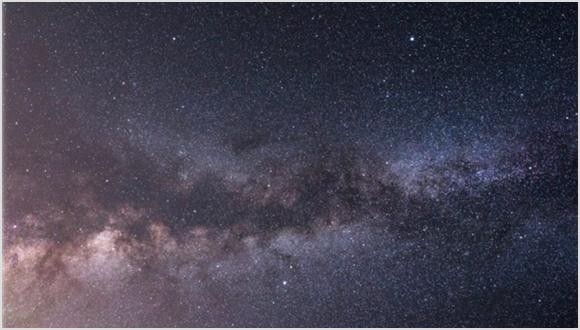דוקטורנטים מספרים - Dolev Bashi
Planetary science: Exoplanets in the galactic context
Dolev Bashi
Supervisor: Prof. Shay Zucker
Are we alone in the universe? Humankind’s greatest mystery is still unsolved. Fortunately, we are living in a great era where we can, for the very first time, try to actually answer this question. The necessary requirements for life to form are complex, yet two things that are currently believed to be true are: 1) Life needs to be formed on planets, moons, or anything that is not a star; 2) Currently, the only evidence for life in our solar system is seen on Earth. New innovations and improvements in detection methods and instruments have allowed scientists to detect the first extra-solar planet, or simply exoplanet, orbiting a main-sequence star only about 25 years ago. The past decade has seen a sharp increase in the number of discovered exoplanets. Currently, almost 4,000 exoplanets have been detected in our galaxy. The diversity in their properties is astonishing! The analysis of exoplanet formation is constantly improving our understanding of planet formation mechanisms, composition, and internal structure. The benefits we gain from these discoveries will allow us to better understand the uniqueness of our own planet and the life within.
In my research, I focus on characterizing different exoplanet populations. I use statistical methods and observations with collaborates to better analyze the population of exoplanets in the galactic context. By detecting new observational constraints on a sample of exoplanets, we can present important observational constraints to current exoplanet formation theories, and thus shed some light on the still unanswered question of our own existence.


